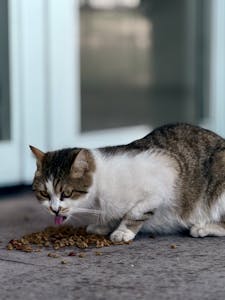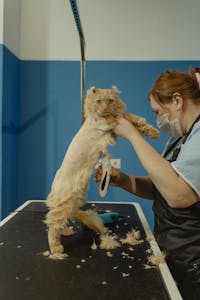Introduction: Wellness Is the Key to a Cat’s Long, Happy Life
Cats are often celebrated for their independence, but beneath their quiet confidence lies a deep reliance on us for their health and happiness. True cat wellness goes far beyond feeding them twice a day—it’s about understanding their unique needs at every stage of life and providing an environment where they feel safe, stimulated, and loved.
Whether your cat is a playful kitten or a dignified senior, maintaining their wellness ensures not just a longer life but a richer, more content one filled with purrs, head bumps, and moments of quiet companionship.
Why Wellness Is Essential for Cats
Cats Hide Illness Well
Unlike dogs, cats are masters at masking pain and discomfort. This survival instinct means that illnesses can go unnoticed until they become severe. Regular check-ups and a proactive approach to their care are vital.
Wellness Encompasses Body and Mind
Physical health, mental stimulation, and emotional security all play equal roles in feline wellness. A happy cat is one who feels safe, engaged, and understood in their environment.
Core Elements of Cat Wellness
1. Proper Nutrition for Every Life Stage
Cats are obligate carnivores and need high-quality, protein-rich diets to thrive. Kittens, adults, and seniors have different nutritional requirements, so choosing age-appropriate food matters. Hydration is crucial too—many cats benefit from wet food alongside fresh water to prevent kidney and urinary issues.
Consider:
- Grain-free, high-protein foods
- Omega-3 supplements for coat health
- Special diets for medical conditions as advised by your vet
2. Routine Veterinary Care
Wellness exams help catch issues early, from dental disease to thyroid problems. Vaccinations, parasite prevention, and dental cleanings are key components of preventive care.
For indoor cats, regular vet visits are just as important—they may not face outdoor dangers, but indoor environments bring their own risks, like obesity and inactivity.
3. Physical and Mental Stimulation
Cats need to hunt—even if it’s just for a toy. Regular play mimics hunting behaviors, keeping their bodies agile and minds sharp. Scratching posts, climbing trees, window perches, and puzzle feeders prevent boredom and destructive habits.
Daily enrichment ideas:
- Feather wands and laser pointers
- Food puzzles and treat-dispensing toys
- Rotating toys to keep things fresh
- Safe outdoor enclosures (catios)
4. Grooming and Hygiene
Brushing removes loose fur, prevents mats, and reduces hairballs. Nail trims, ear checks, and dental hygiene are equally important. Regular grooming builds trust and helps you monitor your cat’s skin, coat, and overall condition.
Litter box care is crucial, too. Clean boxes encourage good habits and allow you to notice health issues like changes in urine or stool.
Signs Your Cat Is Thriving
- Bright eyes and clean ears
- Shiny coat and healthy skin
- Playful, curious behavior
- Steady appetite and proper digestion
- Restful, content sleep patterns
- Regular grooming behavior
Wellness Through the Life Stages of a Cat
Kitten (0-12 Months)
- Frequent vet visits for vaccines and check-ups
- Socialization with people and safe environments
- Introduction to grooming and litter habits
- Play that builds strength and coordination
Adult Cat (1-7 Years)
- Routine vet care and dental cleanings
- Balanced diet and hydration
- Enrichment through toys, scratching posts, and climbing areas
- Preventive health screenings
Senior Cat (7+ Years)
- Increased veterinary monitoring for age-related issues
- Diet adjustments for weight and digestion
- Soft bedding for joints and warmth
- Patience with slower mobility and changes in behavior
Emotional Wellness for Cats
The Importance of Routine and Territory
Cats crave security. Consistent feeding times, clean litter boxes, and stable environments reduce anxiety. Territorial needs include safe spaces to climb, hide, and observe their world.
Building Trust and Connection
Not every cat enjoys being held or cuddled, but all cats need affection on their terms. Slow blinks, gentle petting, and respecting boundaries deepen trust and strengthen your bond.
Reducing Stressors
Cats dislike sudden changes—avoid loud noises, unfamiliar visitors, and rearranging furniture too frequently. Calming products like pheromone diffusers can ease anxiety during stressful events.
Common Mistakes in Cat Wellness
- Assuming indoor cats don’t need regular vet care
- Ignoring subtle signs of discomfort or behavioral changes
- Skipping dental hygiene
- Providing insufficient enrichment, leading to boredom or obesity
- Overfeeding treats or relying on low-quality food
Conclusion: Wellness is the Greatest Gift You Can Give Your Cat
Your cat’s wellness is the foundation of their happiness. When you commit to their health—through proper nutrition, medical care, mental stimulation, and emotional security—you create a life where they feel safe, loved, and content.
In return, they offer you companionship, comfort, and those peaceful moments of shared quiet that only a cat can provide. Wellness isn’t a duty; it’s an expression of love.
Key Takeaways for Cat Owners
- Regular vet visits, balanced diets, and enrichment are non-negotiable.
- Cats need routine, security, and respect for their unique personalities.
- Mental and emotional health is just as important as physical care.
- A well-cared-for cat leads to a longer, happier, more loving life.









